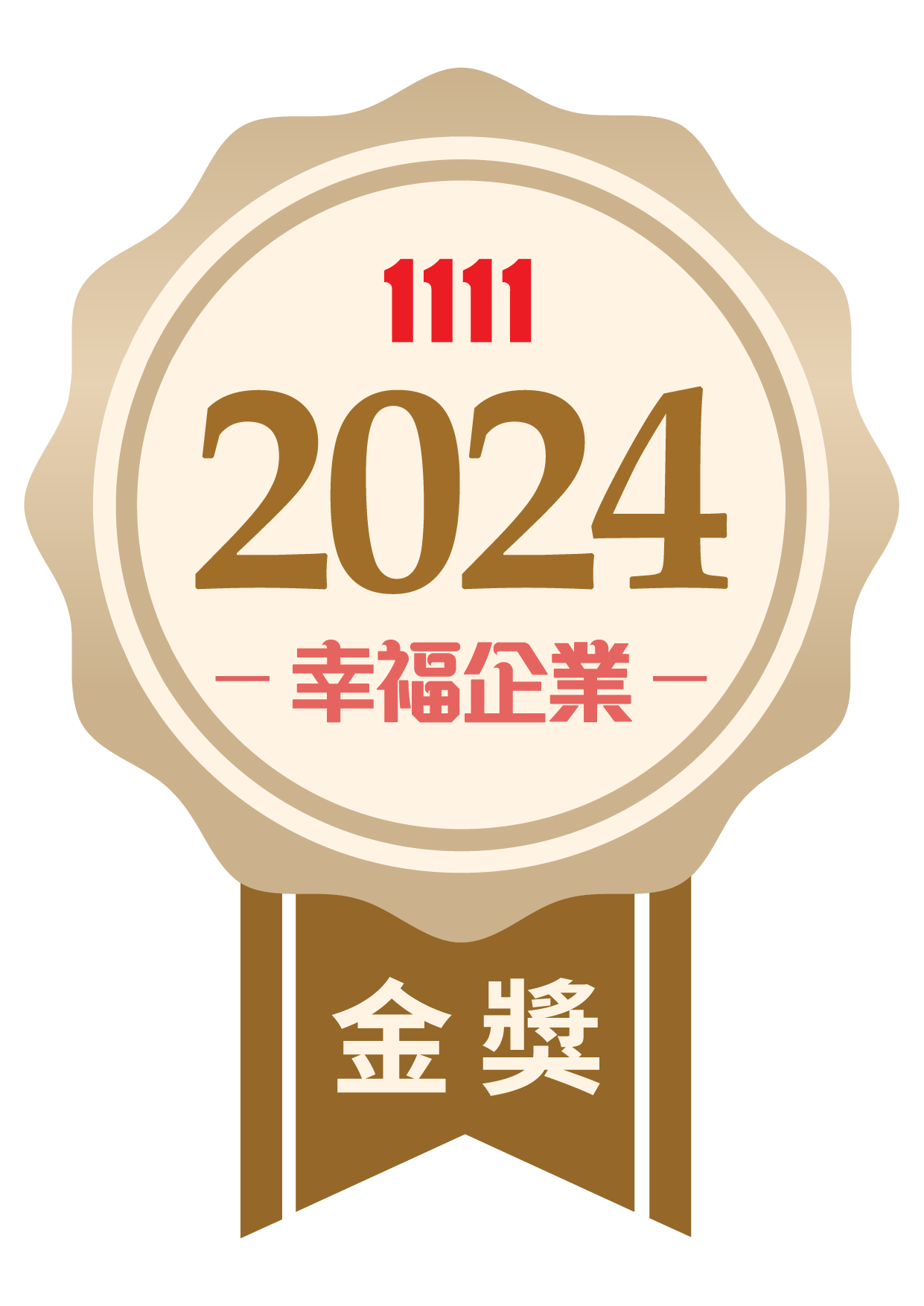New EU Food Safety Regulation (EU) 2024/3190 Comes into Effect
On December 19, 2024, the European Commission officially adopted and published Regulation (EU) 2024/3190, imposing a sweeping ban on bisphenol A (BPA) and other bisphenols with hazardous classifications in food contact materials. This landmark regulation underscores the EU’s strong commitment to consumer health protection. It will enter into force in 2025 and gradually replace the existing Regulation (EU) 2018/213.
Complete Ban on BPA Use with Limited Exceptions
Under the new regulation, the use and placing on the market of any food contact materials made from BPA or its salts—including plastics, coatings, adhesives, rubber, ion-exchange resins, silicones, and printing inks—is strictly prohibited. This move follows a 2023 reassessment by the European Food Safety Authority (EFSA), which drastically lowered the tolerable daily intake (TDI) for BPA to 0.2 nanograms per kilogram of body weight—20,000 times lower than the provisional TDI set in 2015. The EFSA found that even minimal exposure levels can adversely affect the immune system, metabolism, and reproductive and developmental functions.
However, the regulation allows two narrowly defined exceptions under stringent conditions:
Large containers and pipelines (over 1,000 liters) may continue using liquid epoxy resins containing BPA, provided they are thoroughly cleaned before initial food contact and no migration into food occurs.
Polysulfone membranes used in food filtration (such as in dairy microfiltration) are permitted if any BPA residues from the production process are negligible.

Three-Phase Transition Period: Industry Urged to Prepare Early
To avoid disruptions in the food supply chain, the regulation includes a transitional period of up to 36 months, tailored to different usage scenarios:
General single-use food contact packaging: May be placed on the market until July 2026.
Packaging used for preserving fruits, vegetables, and fish, as well as coatings applied to the external surface of metal packaging: May remain on the market until January 2028.
Reusable components used in professional food processing equipment (such as pumps, seals, and food molds): Also allowed until January 2028, and may continue to be used until the end of their service life.
Mandatory Declarations and Testing Requirements Enforced in Parallel
Under the new regulation, all food contact materials that have not yet come into contact with food must be accompanied by a Declaration of Compliance, clearly indicating whether BPA or other bisphenol derivatives were used in their production. For testing, the European Union Reference Laboratory (EURL) will develop harmonized methods to confirm that migration is “non-detectable” (with a detection limit of 1 µg/kg), and testing must include solvent extraction to detect any residual bisphenol content in the materials.
Scope Expanded to Other Bisphenol Compounds
The new regulation targets not only BPA but also extends to other bisphenol compounds and derivatives, such as bisphenol S (BPS), that have specific hazardous classifications—namely carcinogenicity, reproductive toxicity, or endocrine-disrupting properties. These substances are prohibited from use in food contact materials unless explicitly authorized by the European Food Safety Authority (EFSA). Businesses seeking exemptions must submit an application within nine months of the hazard classification being published and may temporarily place products on the market pending a final decision.
With this regulation, the EU becomes one of the strictest jurisdictions in the world regarding bisphenol A control, likely setting a precedent that encourages other countries and regions to adopt similar measures. Companies exporting food and food packaging to the EU will need to promptly revise product formulations to comply with the new standards.
The regulation officially enters into force on January 20, 2025, marking yet another step in the EU’s continued commitment to safeguarding consumer health in the area of food safety.

This regulation marks a significant milestone for the European Union in food safety and chemical risk management. It aims to phase out controversial substances such as bisphenols and push the industry to develop safer alternatives. Although the transitional periods are designed to ease the burden on businesses, sectors that heavily rely on BPA—such as metal packaging and film applications—will still need to swiftly adapt their formulations and manufacturing processes to meet these stricter health standards.



